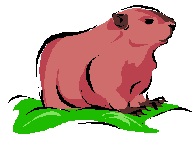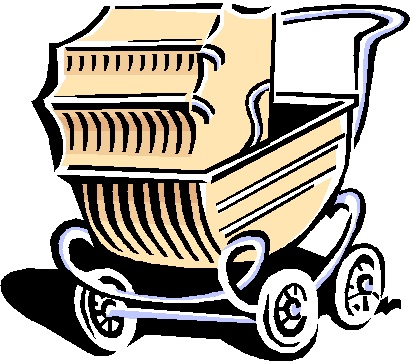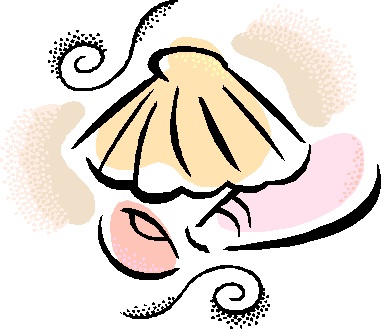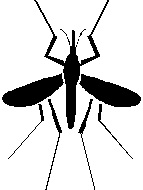Tongue Twisters are long phrases or sentences that are difficult to say, especially fast. Children learn them for fun. Language learners can use tongue twisters as part of their studies. Some argue that tongue twisters are not natural because such patterns do not usually occur in everyday conversation. However, just as dancers, athletes, and musicians perform exercises to warm-up their muscles and develop fluidity, students can use tongue twisters for enjoyable pronunciation practice.
You will hear each tongue twister said two times - first slowly and then fast. Listen and repeat. Try to have clear and smooth speech. Don't sacrifice clean speech for speed.

- Betty Botter bought some butter.
- "But," she said, "the butter's bitter!
- If I put it in my batter,
- It will make my batter bitter!
- But a bit of better butter
- Would make my batter better.”
- So she bought a bit of butter
- Better than her bitter butter,
- And she put it in her batter,
- And the batter was not bitter.
- So it was better Betty Botter bought a bit of better butter.

- A tutor who tooted the flute
- Tried to tutor two tooters to toot
- Said the two to the tutor
- "Is it harder to toot
- Or to tutor two tooters to toot?"

- Fuzzy Wuzzy was a bear.
- Fuzzy Wuzzy had no hair.
- Fuzzy Wuzzy wasn’t fuzzy, was he?

- How much wood would a woodchuck chuck?
- If a woodchuck could chuck wood?

- Peter Piper picked a peck of pickled peppers.
- A peck of pickled peppers Peter Piper picked.
- If Peter Piper picked a peck of pickled peppers,
- Where’s the peck of pickled peppers Peter Piper picked?




